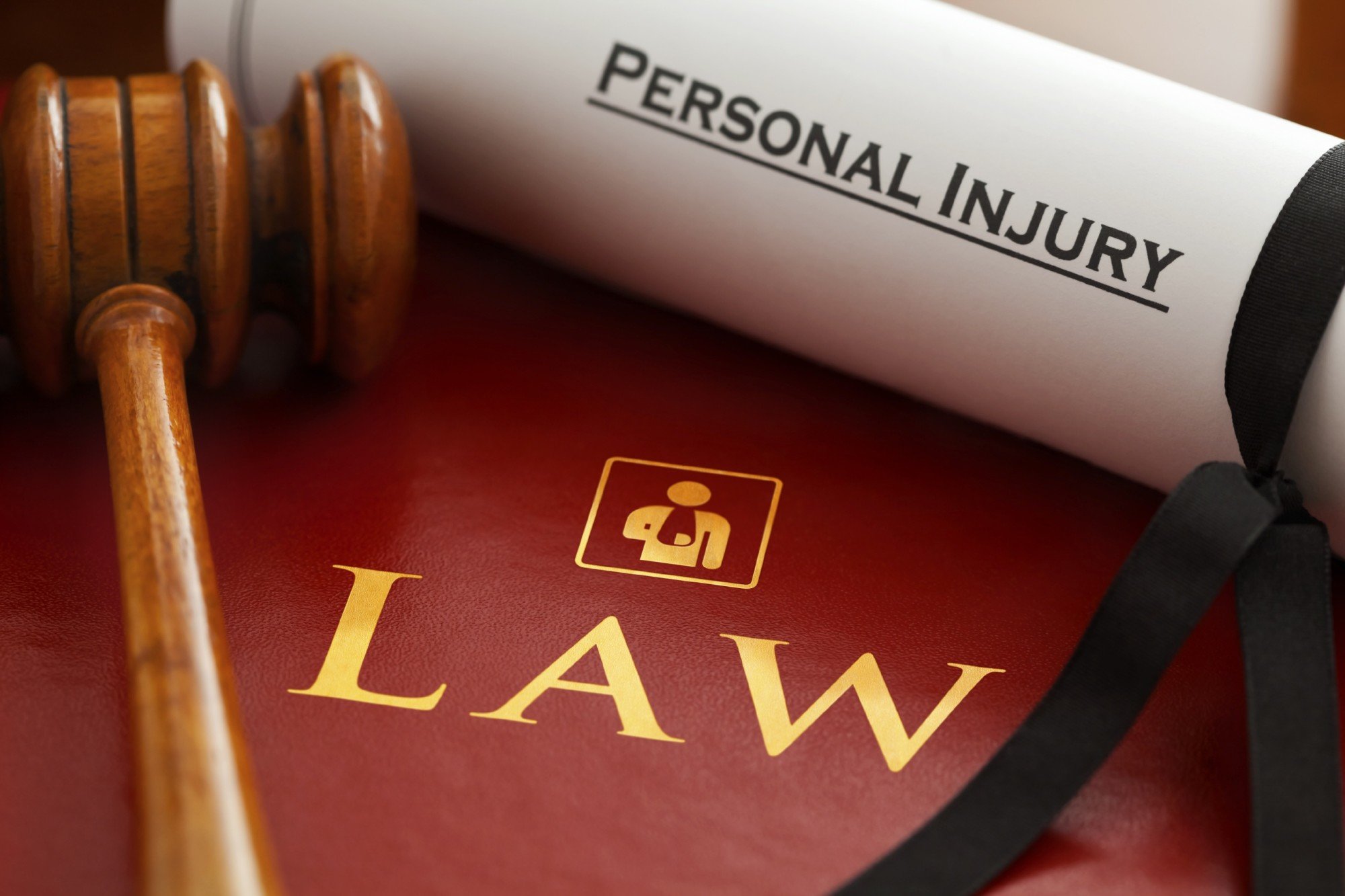Did you get hurt because of someone else’s negligence?
If so, you may want to consider filing a personal injury lawsuit. You may be wondering “How long does a personal injury lawsuit take?”
The truth is that every case is different. Many factors will affect the duration of your lawsuit.
Keep reading to learn everything that you need to know about how long a personal injury lawsuit takes.
Understanding the Basics
Before delving into the intricacies of the timeline, it’s essential to understand the basics of a personal injury lawsuit. A personal injury lawsuit happens when you get hurt because someone else did something wrong. You might want money to cover your medical bills, lost wages, and the pain you went through.
The defendant, often an individual or an entity, is the party allegedly responsible for the injuries. Your legal team must prove that the defendant’s actions or negligence directly caused the injuries.
Personal injury cases can encompass a wide range of situations. It includes car accidents, slip-and-fall incidents, medical malpractice, and product liability claims.
Initial Factors Influencing Duration
Several things can make your lawsuit take longer or shorter. These factors play a crucial role in determining how long the legal process will take.
Complexity of the Case
The complexity of the case plays a significant role in determining how long it will take. Simple cases with clear liability and minimal damages may resolve faster. Meanwhile, complex cases involving many parties, extensive injuries, or intricate legal issues can take longer.
Severity of Injuries
Cases involving severe injuries often take longer to resolve. This is because the full extent of the injuries and their long-term consequences may not be immediately apparent. Medical experts may need time to assess the victim’s condition.
Insurance Company Cooperation
If the at-fault party has insurance, the willingness of the insurance company to cooperate can affect the timeline. An insurer that is unwilling to negotiate or settle may prolong the litigation process.
Jurisdiction
The jurisdiction in which the case is filed can impact the timeline. Some courts have busier dockets than others. This can lead to delays in scheduling hearings and trials.
The Stages of a Personal Injury Lawsuit
A personal injury lawsuit typically goes through several stages. Each of these stages can contribute to the overall duration of the case:
Pre-Filing Phase
Before a lawsuit gets filed, the injured party engages in negotiations with the at-fault party or their insurance company. This is to settle. This phase can take several months, as both parties may need time to investigate the incident, assess damages, and negotiate terms.
Filing the Lawsuit
If pre-filing negotiations fail to produce a satisfactory settlement, the injured party may file a formal lawsuit. This involves drafting a complaint, serving it to the defendant, and initiating the legal process. Filing the lawsuit can take several weeks to a few months.
Discovery Phase
The discovery phase is where both parties gather evidence. They exchange information and depose witnesses. This phase can extend over several months or even years. This depends on the complexity of the case and the number of parties involved.
Mediation or Settlement Negotiations
During or after the discovery phase, the parties may attempt mediation. They may also engage in further personal injury claim settlement negotiations. This can be a lengthy process, and there’s no guarantee of a successful resolution.
Trial
If mediation and settlement negotiations fail, the case will proceed to trial. Trial dates are often scheduled several months in advance, and the trial itself can last anywhere from a few days to several weeks. Complex cases may involve multiple phases and take longer to conclude.
Post-Trial Motions and Appeals
After a trial, both parties may file post-trial motions or appeals, which can add more time to the process. Appeals can extend the case by several years if the losing party chooses to challenge the verdict.
Resolution and Collection
If the plaintiff prevails at trial or through settlement, there may be more time required to collect the awarded damages. This is particularly true if the defendant does not immediately follow the judgment.
How Long Does a Personal Injury Lawsuit Take on Average?
It’s challenging to pinpoint an exact average duration for personal injury lawsuits due to the variables involved. But, some general timelines can provide a rough estimate.
There are personal injury cases with straightforward liability and minimal disputes. They may be resolved in 6 months to a year, assuming no trial is necessary.
Cases with moderate complexity may take 1 to 2 years to resolve. This factors in negotiations, discovery, and trial preparation.
Highly complex cases, especially those involving multiple parties and extensive injuries, can extend for 2 to 5 years or longer. If appeals are involved, the process can stretch the case out for several more years.
It’s important to remember that these are rough estimates and that each case is unique. The timeline for a personal injury lawsuit depends on various factors. These include the parties involved, the specific legal issues, and the jurisdiction where the case is filed.
Ways to Expedite the Process
Personal injury lawsuits can be lengthy. However, there are ways to expedite the process and reach a quicker resolution. Maintaining open and transparent communication with your attorney is crucial. Timely responses and cooperation can speed up the various stages of the lawsuit.
Also, skilled negotiators can often reach favorable settlements more quickly. They can avoid the need for a trial. You can consider mediation as an alternative dispute resolution method. It can lead to a quicker resolution and reduce the strain of a trial.
An early case evaluation can also help identify strengths and weaknesses in your case. This allows you to make informed decisions about personal injury settlement offers.
Lastly, select a personal injury attorney who understands the complexities of your case. A truck accident lawyer can be particularly helpful if your injury involves a truck accident. Hiring the best attorneys can make a significant difference in the timeline.
Get Started With Receiving the Compensation You Deserve
How long does a personal injury lawsuit take? The length of a personal injury lawsuit can vary greatly depending on the specifics of each case. But, on average, it can take anywhere from a few months to a few years.
If you’re considering filing a lawsuit, it is important to seek legal guidance. Don’t hesitate to take legal action and get the compensation you deserve. Your physical, emotional, and financial well-being are worth fighting for.
For more helpful blog posts like this one, visit the rest of our site!







